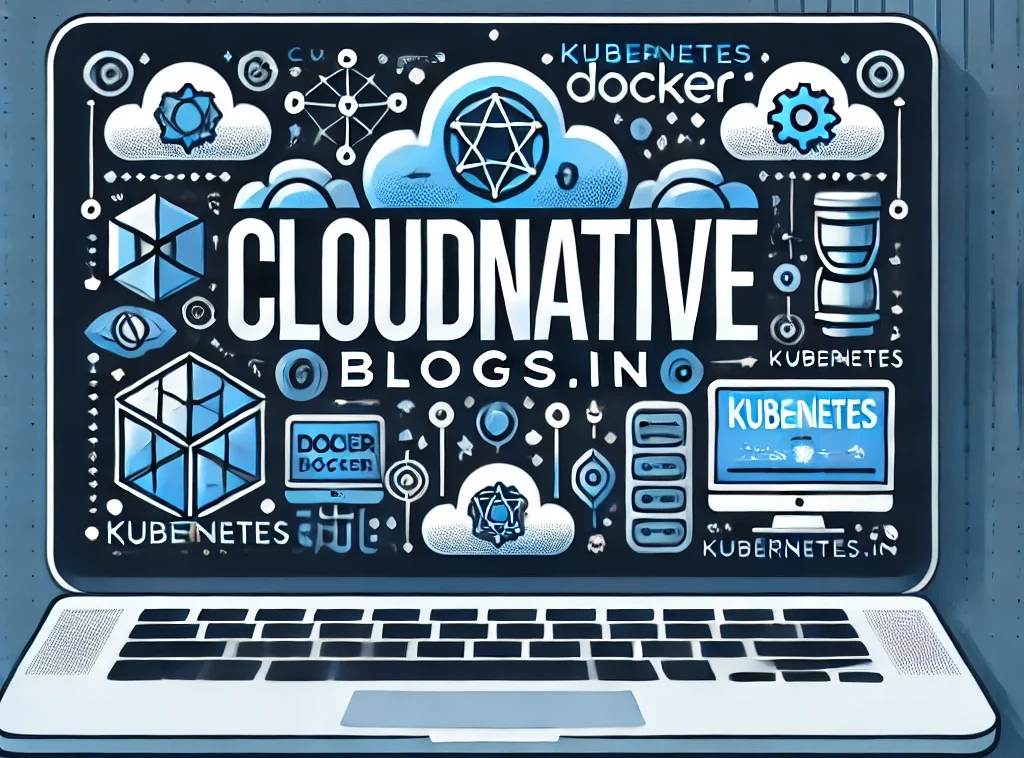Explore the key advantages of using a Relational Database Management System (RDBMS) over hierarchical and network models, including flexibility, scalability, SQL querying, data integrity, and better security.
Understanding Database Relationships: A Deep Dive into Data Integrity
Explore One-to-One, One-to-Many, and Many-to-Many database relationships to enhance data integrity, query performance, and overall database design.
When a Traditional Relational Database Is More Suitable Than Blockchain: Key Scenarios
Relational databases excel in scenarios requiring high transaction speed, data flexibility, and centralized control. Blockchain’s immutability and decentralization are compelling, but for most business applications, traditional databases provide more practical, cost-effective, and efficient solutions.
Why Choose a Relational Database Over NoSQL? A Detailed Analysis
Despite the scalability of NoSQL databases, relational databases offer unmatched data integrity, complex query capabilities, and robust security, making them essential for industries where precision and reliability are critical.
This article explores various free cloud relational databases ideal for initial web application development, highlighting Amazon RDS, Google Cloud SQL, Azure SQL Database, Heroku Postgres, and ElephantSQL, detailing their features and limitations.
